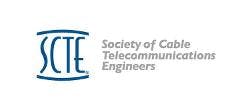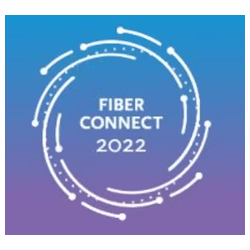Comcast has entered into a pilot training partnership with GTPE's Veterans Education Training and Transition (VET2) program to recruit and train two initial groups of up to 20 participants each for cable engineering careers. The program uses the training resources of SCTE and its global arm, the International Society of Broadband Experts. Training will be funded by a grant from the SCTE Foundation.
Comcast is using the VET2 program to identify, engage and offer training and internship opportunities to high-potential transitioning service members. The seven-month process includes student selection and pre-certification, self-paced SCTE/ISBE online training, and an internship that combines academics and practical experience. Up to 40 participants with multiple years of military experience in communications or IT-related areas will be selected.
Initial student screening and pre-certification are being conducted by Georgia Tech Professional Education for service members living near Fort Gordon, Fort Stewart and Warner Robins Air Force Base. Beginning in Q2 of this year, students in the first class will complete SCTE/ISBE online training and certification for one of two tracks: Field Technician, which requires attainment of SCTE/ISBE Broadband Premises Installer (BPI) certification, or Headend Technician, which requires attainment of SCTE/ISBE Broadband TelecomCenter Specialist (BTCS) certification.
Students who pass the required SCTE/ISBE certification examinations will advance to a second phase that includes additional VET2 training and Comcast internships during Q3. This phase includes:
- Familiarization with Comcast and the differences between military and civilian organization structures
- Socialization around the "entry experience" as a new hire
- Communication, including interpersonal communication modes and conflict management
- Presentation that enables participants to refine interview skills and to present what they have learned during the internship





